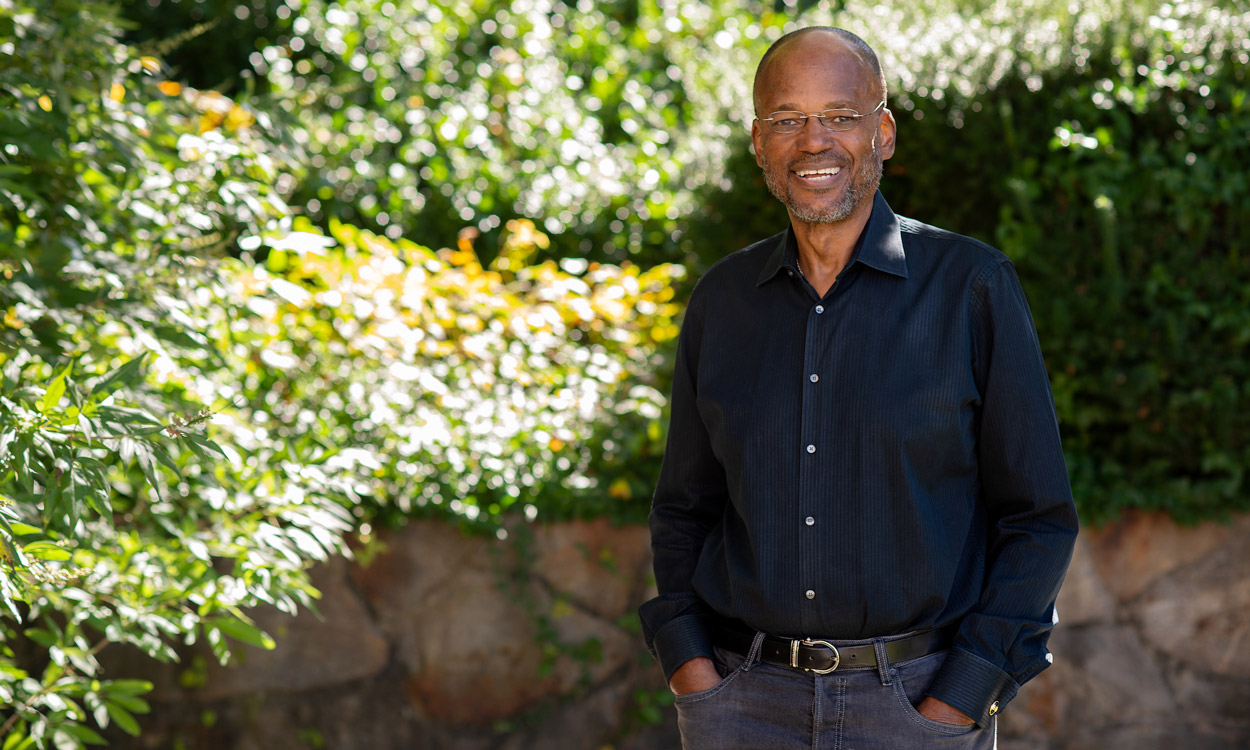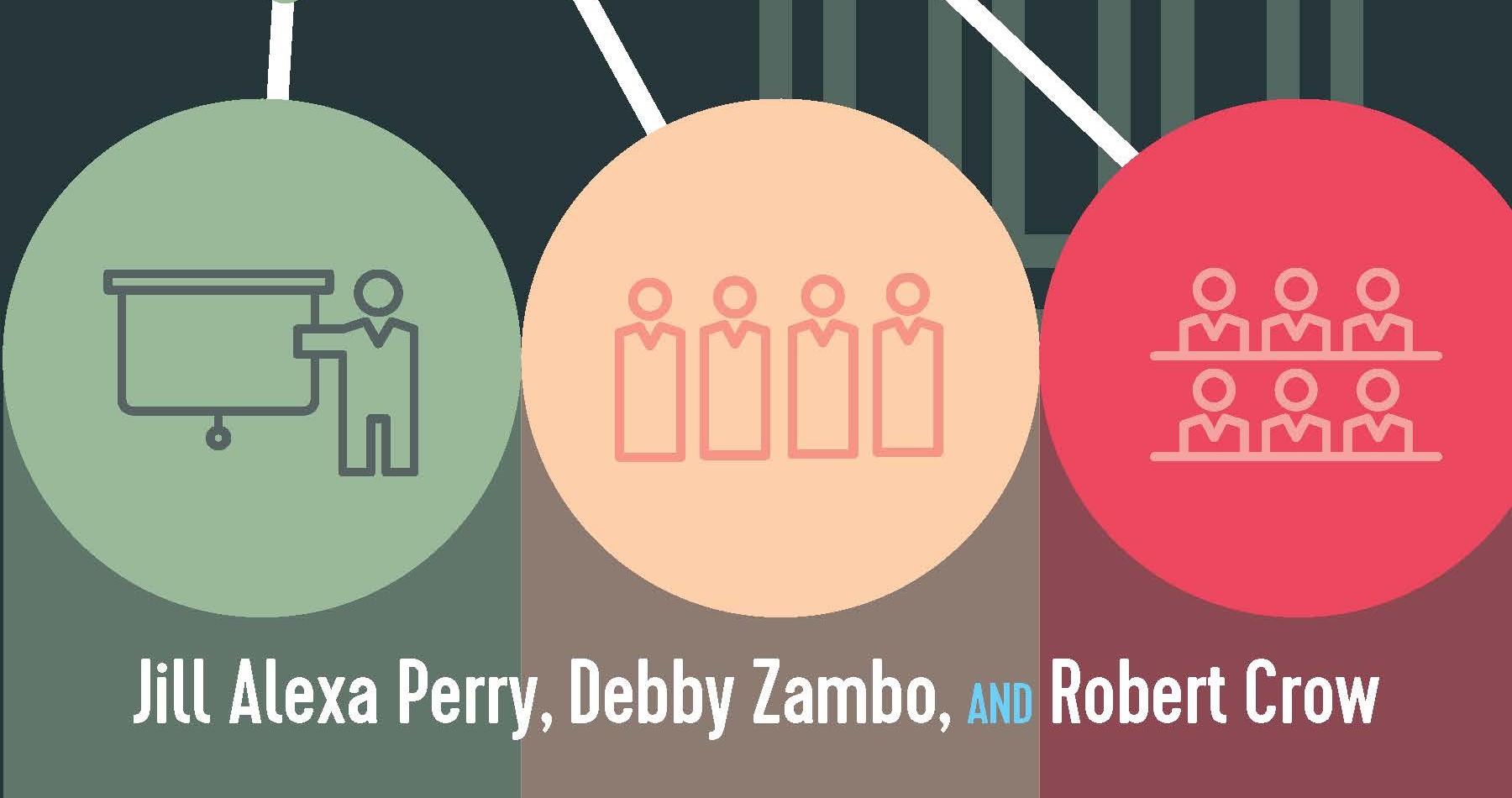Bardo Distinguished Professor Kofi Lomotey receives lifetime achievement award

Kofi Lomotey
By Brooklyn Brown
Kofi Lomotey, the Chancellor John Bardo and Deborah Bardo Distinguished Professor of Educational Leadership at Western Carolina University, recently received the 2023 Distinguished Contributions to Social Contexts in Education Research Lifetime Achievement Award from the American Educational Research Association Division G.
Lomotey has been an educator and administrator at every level of education, from preschool to college. He has written more than 50 books, articles and book chapters on urban and black education.
Lomotey has committed a lifetime of research, education and administration to racial issues in Black and urban education. His lifetime achievement with the AERA is one of many accolades recognizing his numerous contributions to creating socially just educational institutions. Lomotey has won several awards for his books, as well as the Hidden Figures Award from the University Council for Educational Administration, but he highlights his selection as a fellow in the AERA as his most significant achievement.
“Becoming a fellow is reflective of the entire membership of the organization,” he said. “When I look at the list of about 25 people that were elected in that year, all of them were at major research institutions other than me. I think that's significant and it's significant for Western Carolina University as well.”
Lomotey notes mentoring and teaching as his greatest contributions to his field. “In addition to providing a role model as an administrator over the years, one of my most significant contributions is the mentoring that I do with students, faculty and other administrators. That's one of my greatest joys aside from actually teaching in the classroom,” he said.
“I take groups to Ghana in West Africa every year. I’ve interacted with a number of young people over there who I’ve stayed in contact with as a mentor. Mentoring is very important to me and teaching is also very important to me.” Lomotey said.
Lomotey’s interest in Black and urban education began during his undergraduate program.
“Although Oberlin College is a predominantly white institution, the city is predominantly black. I got involved with a tutorial program and most of the students I was tutoring were Black,” he said. “I began to notice a sharp contrast in the academic, social, cultural and spiritual development of Black students and white students.”
“Virtually all of the education work that I’ve done to date in publishing and research has focused on black education and issues of race in urban education in general. That’s what I think distinguishes my work from the work of many others.”
Lomotey said his greatest moments in teaching are the “a-ha” moments of his students. “That to me is the essence of education,” he said. “If students can't learn in the way that I teach, I need to teach in the way that they learn.”
Lomotey obtained his undergraduate degree in economics from Oberlin College. He received his master’s in curriculum and instruction at Cleveland State University and his master’s and doctorate in education leadership at Stanford University.
He has taught at universities across the country, retiring as Chancellor of Southern University and A&M College in Baton Rouge, Louisiana. He came out of retirement to help with the development of WCU’s educational leadership program.
“Western had just completed a two-year reengineering of their educational leadership program between 2011 and 2013,” Lomotey said. “Their intent was to develop a program modeled after the Carnegie Project on the Education Doctorate to help Ed.D. programs become more practitioner oriented. That’s what initially attracted me to WCU and that’s what keeps me here,” he said.
“I’m very excited about our effort to make our program more practitioner oriented, producing high school principals, superintendents, presidents of colleges and universities. CPEF acknowledged us as their program of the year a few years ago. We also received the Program of the Year award at WCU a couple years ago. So, I think we’re on the right track.”
Lomotey believes the Ed.D program’s success is due in part because of their ability to develop practitioners and inform social justice in education.
“Our program, since the reengineering, has been focused on social justice in that our culminating project that is often referred to as a dissertation – ours is called a disquisition – is an opportunity for students to identify a problem of practice in their workplace and to then develop an intervention to address their problem in practice, and we stress the importance of the problem being one related to social justice,” Lomotey said.
“We’re preparing our students to disrupt and redesign educational programs in schools so that they are more equitable, more ethical and more socially just.”


